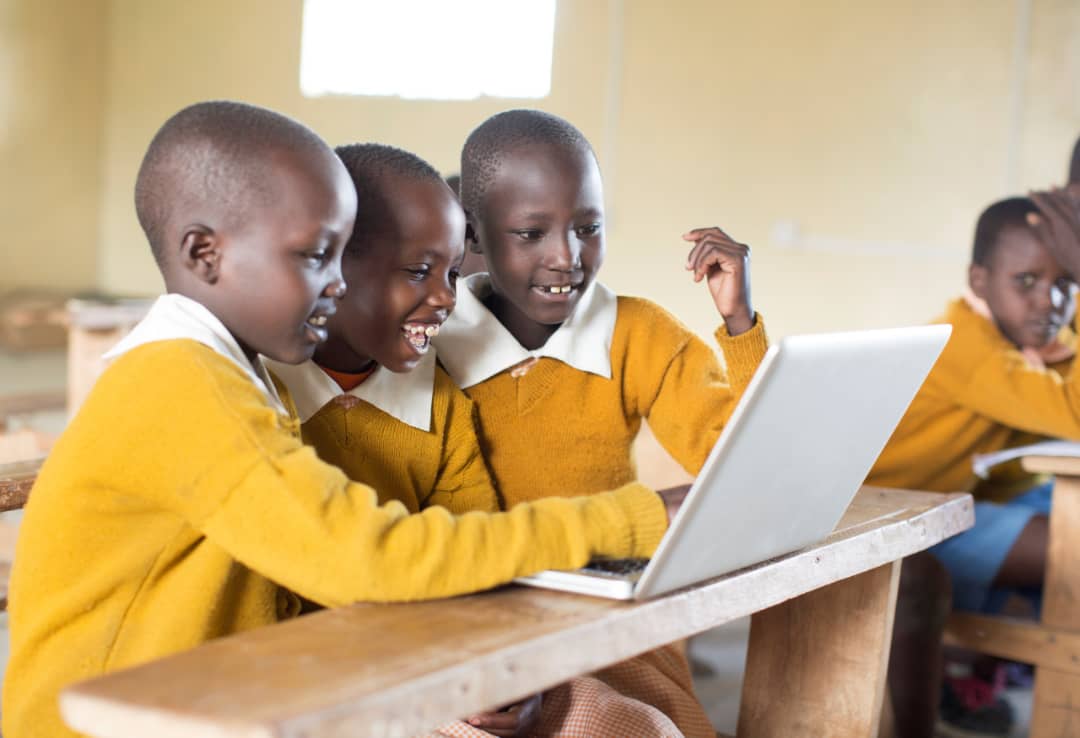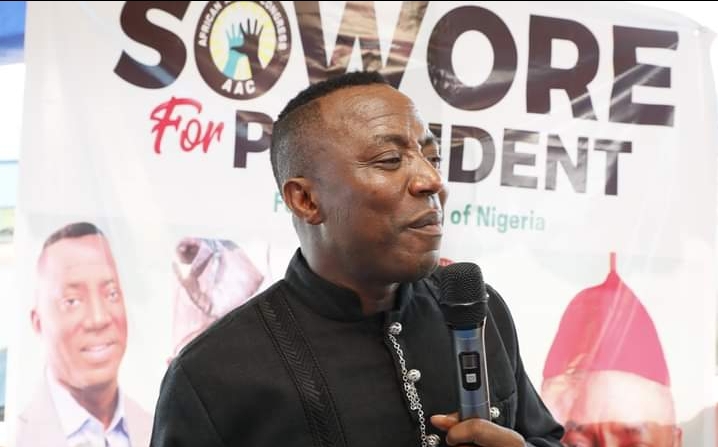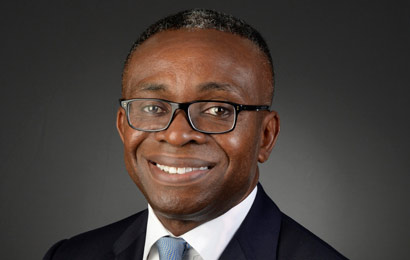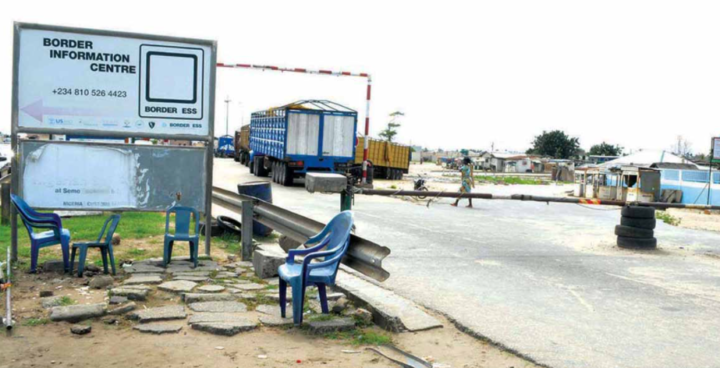Nigeria: Examining roles of traditional, religious leaders in early childhood education
Sometimes in 2016, then Speaker of the House of Representatives, Hon Yakubu Dogara, at the National Assembly complex in Abuja during the Open Week organised to enlighten the public on the workings of the legislature, directed a call to traditional and religious leaders in Nigeria to be active in the upbringing of children so that they can instill qualities in them that would make the children to ultimately make them shun violence and other vices that could stall development in the country.
Dogara said: “I believe that traditional leaders and leaders of faith can contribute in the manner in which we bring up our children, to raising children in a non-violent way, teaching our families to express immediate disapproval when they witness signs of violence so that it would help in ensuring that we have a peaceful Nigeria where development can thrive.”
It is trite that the quality of upbringing received by children in the present would have implications on the country’s future. Dogara’s call was, therefore, in order.
It was not long before the Sultan of Sokoto, His Eminence Mohammad Sa’ad Abubakar, answered the call. The monarch took a giant leap by passing on the message to the UNICEF office in Nigeria, calling for synergy between the traditional institution and the United Nations agency. As he hosted a high-powered delegation of UNICEF in his palace in Sokoto, he described his guests as “key stakeholders in shaping and making the society a beneficial place for all.” The message was clear enough, that the Sultan was ready to support UNICEF to achieve educational advancement in Sokoto State.
Advertisement
The Ooni of Ife, Oba Adeyeye Ogunwusi, echoed the Sultan, offering his NGO, Hopes Alive Initiatives, to help the cause of child education. “Through my NGO, I will promote child education, foster healthy living through regular healthcare provisions, provide expanding feeding schemes through primary schools and relocate street kids to safer designated centers through different welfare packages,” he said. For effect, he added: “Our greatest resource capital is our children, as they stand to continue the several legacies we leave behind. We must begin to build and sustain the right foundations for our beloved children and our nation as they are the bedrock of our existence. Our greatest resource capital is our children, as they stand to continue the several legacies we leave behind. We must begin to build and sustain the right foundations for our beloved children and our nation. They are the bedrock of our existence.”
The Obi of Onitsha, His Royal Majesty Igwe Nnaemeka Achebe, took another dimension by calling on the Federal Government to “revisit the national budgets for education to emphasise its importance.”
The trio of monarchs represented a clean sweep of the tripod of major ethnic groups in Nigeria, in addition to the massive influence being wielded by them in their domains. For effect, they are also well educated and versed with requisite exposure to the modern world and can replicate such exposure locally. The leadership they all possess is also key in Early Childhood Education (ECE) as it would set the tone for a positive learning experience, and create an environment where children feel safe, respected and motivated to learn. As well as setting the tone for the entire ECE programme, the traditional rulers can also rally the government to make policy changes that affect the young children living in the school districts.
Foremost religious leaders in Nigeria have also heeded Dogara’s call to action on early childhood education. Pastor Enoch Adeboye of the Redeemed Christian Church of God, Bishop David Oyedepo of the Living Faith Ministry and Pastor Chris Oyakhilome have established schools with a focus on the ECE which encourage and support play-based learning for children. The NASFAT group, headed by Alhaji Abdullahi Akinbode, also established schools that pursue similar motives. The efforts of these religious leaders and others in their category aim at bringing up the children in the way of God for the overall improvement of society.
Advertisement
Unlike in the secular genre, the guiding principle of the religious pre-schools is that children are a precious gift from God and are essentially presented with a play-based curriculum that would enable them to exercise their free will in exploring the environment by maximising the choices that are available to them. They have teachers who encourage them to exhibit their creativity, socialize among themselves and appreciate one another as dictated by religious injunctions.
Like the Buddhist preschool system, they discourage the cramming of children’s heads with knowledge in the belief that what the children need is intellectual stimulation and that children’s brain functioning is strengthened by absorbing a lot of things from their environment. The curriculum is also designed to strengthen children’s virtue and physical well-being.
The roles of traditional and religious leaders give hope that the challenges posed by out-of-school children would be hugely minimised in no distant future, despite that, the latest UNESCO statistics revealed that India, Nigeria and Pakistan have the highest number of out-of-school children in the world, with Nigeria alone being credited with 20 million. UNESCO said a new and improved methodology was used to arrive at the figures as there are 244 million children and youth between the ages of 6 and 18 worldwide who are still out of school. The somewhat degenerating security situation in Nigeria may have led to the current figure, although the figure has also rotated from 10.5 million to 15 million for more than ten years.
Interestingly, a Director at the Federal Ministry of Education in Abuja, Mrs. Binta Abdulkadir, has countered the UNESCO figure, describing it as inaccurate while arguing that the federal government has succeeded in reducing the number of out-of-school children through the Better Education Service Delivery for All (BESDA), an intervention programme funded by the World Bank which aims to increase equitable access for out-of-school children, improve literacy and strengthen accountability for results at the basic education level, which has returned over four million children to school in about 17 of the 36 states in the country.
Advertisement
Abubakar said 17 states of the federation, as of July 2022, had received over N65 billion as intervention funds to combat the rising figure of out-of-school children between 2019 and 2021, comprising all 13 states in the North-west and North-east geo-political zones, as well as Niger, Oyo, Ebonyi and Rivers states. She added that about 924,590 of the previous figure of 10.2 million out-of-school children in Nigeria had been enrolled in the BESDA programme.
The foregoing encouraging situation came to the fore at the recent two-day media dialogue on Early Childhood Education organised by the Child Rights Information Bureau (CRIB) of the Federal Ministry of Information and Culture in collaboration with UNICEF in Sokoto where participants acknowledged the roles played by traditional and religious leaders in child education in Nigeria and emphasised on the need for them to sustain their efforts.







